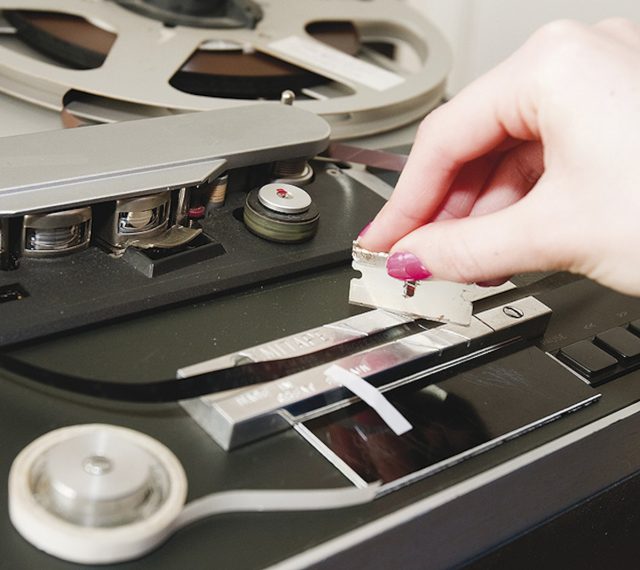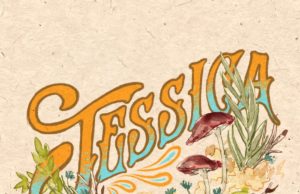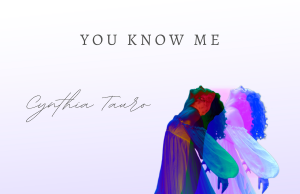 On my 4 a.m. drive to work this morning I decided to listen to Selling England By The Pound, Genesis’ first hit record, celebrating its 50th anniversary this year.
On my 4 a.m. drive to work this morning I decided to listen to Selling England By The Pound, Genesis’ first hit record, celebrating its 50th anniversary this year.
I started reading about the album after I pulled into my parking space. One thing struck me — while this was a reasonably peaceful period for the band, there was a great deal of lobbying and compromise about what got included and what got cut from the final album. In the end, it was too long — almost 54 minutes. Once you go over 22 minutes per side on a vinyl record, the audio quality begins to suffer. Side 1 is 25 minutes and Side 2 is 28:37.
So I decided to look at what I would have cut. Side 2 is easy — After The Ordeal, Steve Hackett’s four-minute instrumental piece and the two-minute Aisle Of Plenty album closer, which is just a reprise of the album opener, anyway. That gets Side 2 down 6:13 to 22:24. Perfect. Sorry, Steve.
Side 1 is a more difficult assignment. We need 3:07. There’s 40 seconds of “lawnmower” sounds at the top and bottom of I Know What I Like (In Your Wardrobe), so that leaves us 2:27 to cut. I love the extended chill extro to Dancing With The Moonlit Knight, but I believe you could cut a minute of it. Also, half the piano intro to Firth Of Fifth could go. That gets us to around 22 minutes.
If you really wanted this album to sound great, you could spread it out on a two-record set, except at 45 rpm instead of 33 and a 1/3. Records pressed at 45 rpm are louder and have a broader dynamic range because the vinyl grooves are wider. But, you only get 15 minutes per side instead of 22.
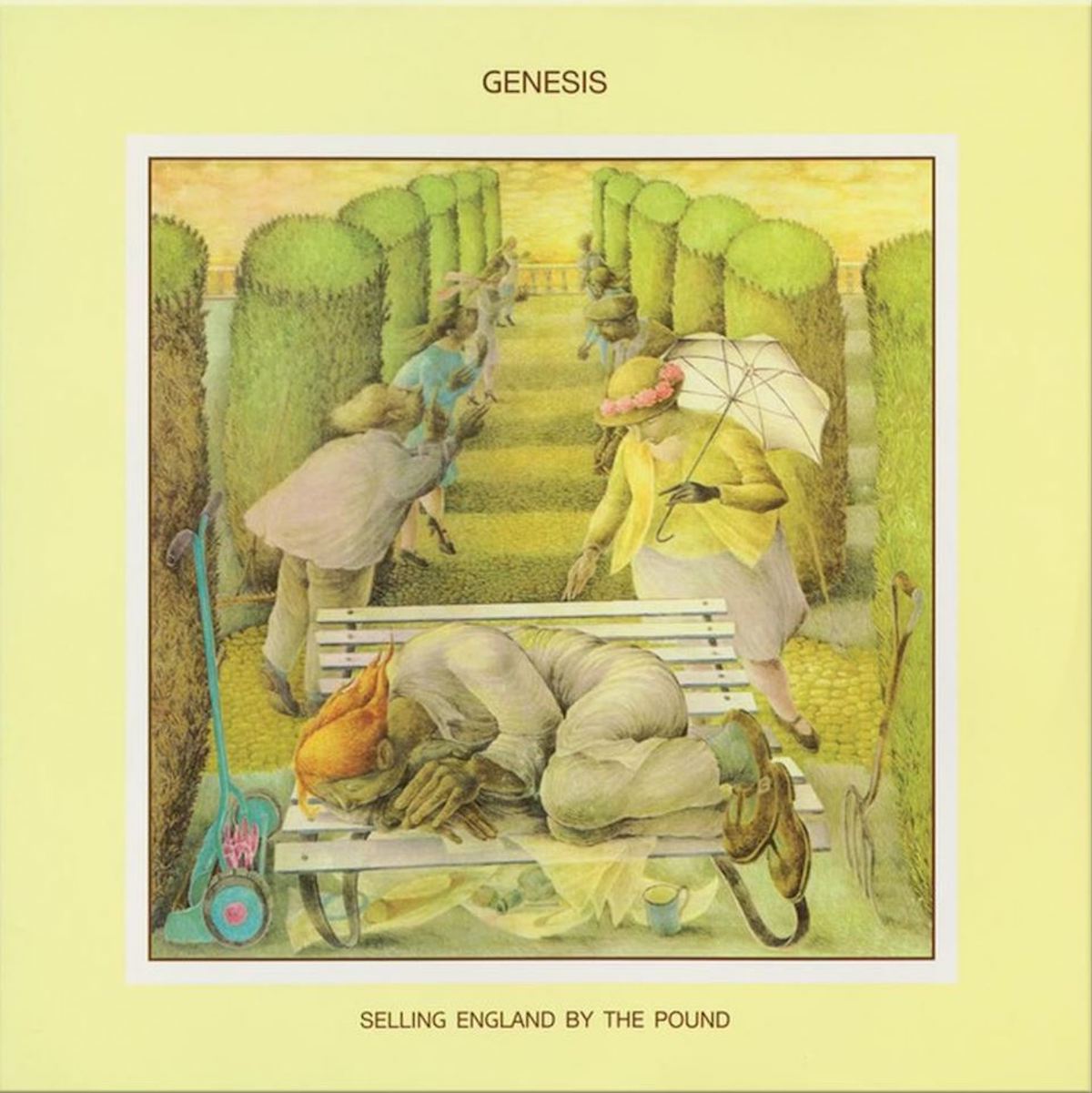
In this case, if I were doing a 50th-anniversary edition of Selling England By The Pound it would be like this:
Side 1
Dancing With The Moonlit Knight (8:04)
I Know What I Like (In Your Wardrobe) (4:10)
Side 2
Firth Of Fifth (9:40)
More Fool Me (3:10)
Side 3
The Battle Of Epping Forest (11:43)
After The Ordeal (4:15)
Side 4
The Cinema Show (10:41)
Aisle Of Plenty (1:58)
Seeing as I did a bang-up job of fixing this classic Genesis album, I decided to see what other classic albums could use my help. JFC, where to start with Todd Rundgren’s 1973 album A Wizard, a True Star? The mad, psychedelic mescaline-soaked followup to 1972’s radio-friendly Something/Anything? was 12 minutes longer than normal. Basically, three sides crammed into two — Side 1 (26:21) and Side 2 (29:35). I’d love to say “just leave it, AWATS is a masterpiece!” but it’s not. It’s self-indulgent and downright annoying at times. Cutting songs to get this record down to a reasonable, fidelity-improving length is not a surgical affair.
Rundgren even mentioned the sonic-depletion in the album’s liner notes. “I’m sure you’ve heard this before, but due to the fact that you can only put so much music on a piece of plastic before you start to lose some of the sound, and due to the fact that I have exceeded what is considered the practical norm by at least six or seven minutes per side, you will probably want to crank up your Victrola as loud as it will go to get the full enjoyment of the music contained on this here LP.”
From Side 1, we can cut Dogfight Giggle, Da Da Dali and Flamingo, which saves us 4:38. On Side 2, axe the Impressions / Miracles / Delfonics / Capitols medley except the last part because I love Cool Jerk.

Over the years, plenty of folks (Ringo Starr among them) have argued that The White Album could and should be whittled down, but for our purposes here it’s actually sonically fine. The Beatles album which needs attention is actually Abbey Road. Side 1 is exactly Maxwell’s Silver Hammer too long.
I talked about how I would make Selling England By The Pound a double album at 45 rpm instead of cutting tracks; well, that’s kind of what Robert Smith and co. did with The Cure’s seminal 1987 goth pop masterwork Disintegration. This was the era of the CD, so the initial vinyl pressings couldn’t accommodate all the songs. Last Dance and Homesick were omitted making it a 10-track record instead of 12.
Still bloody long though — Side 1 was 29:44 and Side 2 clocked in at 30:10. That’s a lot of shimmering downer pop without a break. The newer pressing I recently acquired has all 12 tracks on vinyl for the first time, but spread out across two LPs. It sounds fantastic, even at a reasonable volume (I wouldn’t want the neighbours to worry about me).
I’m not a huge fan of The Clash like I’m supposed to be. I’ve always been real selective about them, but since I hooked up with a lady whose ex was a huge fan of all things Clash, their music is essentially banned in my home. Their 1980 triple album Sandinista! is not one I’ve ever coveted. I think it has loads of filler. It’s a single album, with two additional records of box set material. For the purposes of this column, it’s also too long — even within its triple album format. The band didn’t do this because they truly believed they had a glut of brilliant songs; they did it to be pissy with their label, which had tried to reduce London Calling to a single LP instead of a double. It is now considered by most to be among the best albums ever recorded. The Clash decided this time to submit a triple and watch the label squirm.
The record does not sound great to my ear, because there are too many songs. Sides 3, 4 and 6 are definitely too long. I get what they were trying to do, with all the dub versions and so on — it’s cool and I applaud creativity, deviations from standards, variety, bravery and independence, but I’m just saying it would sound better if it were shorter.
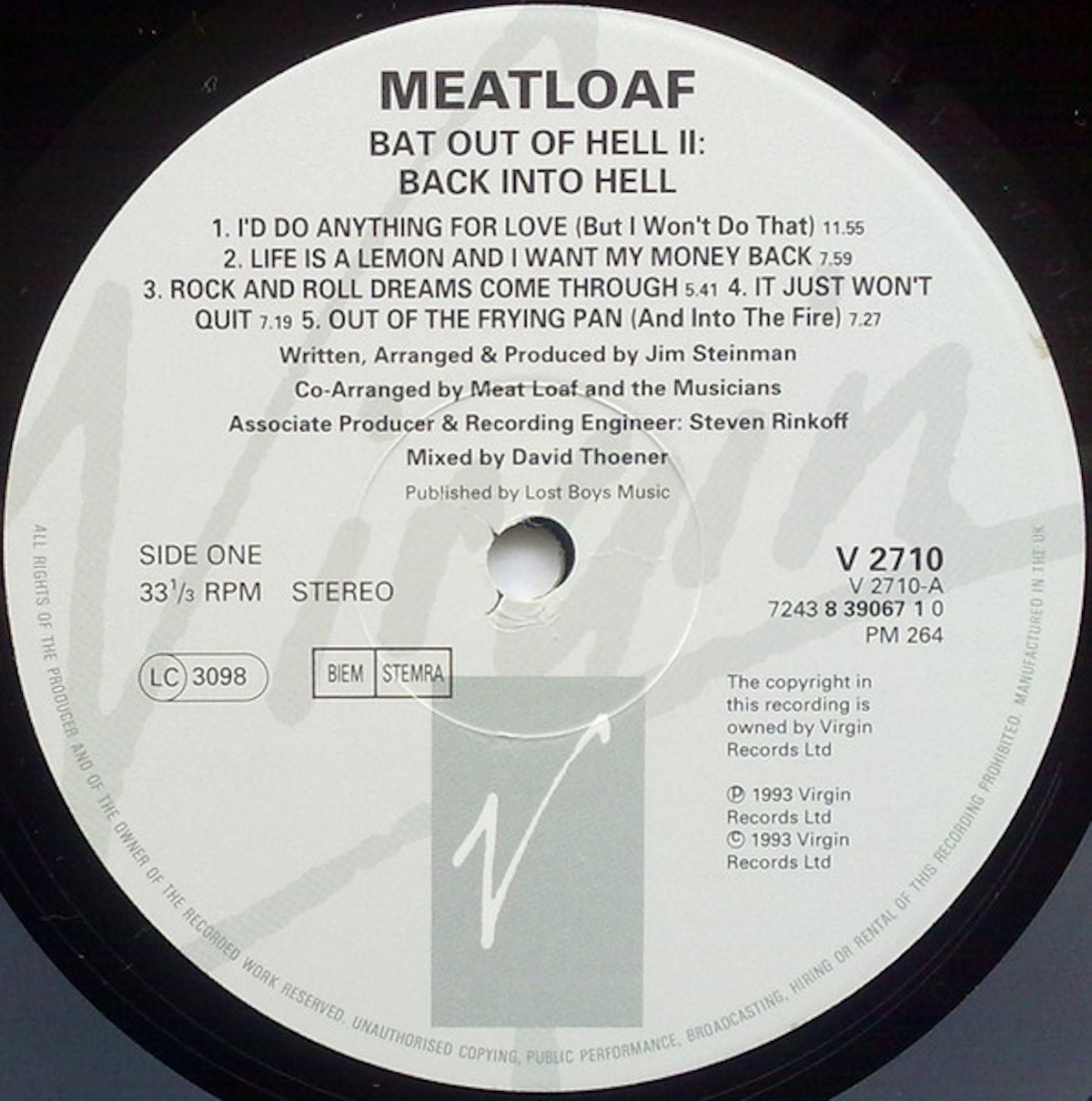
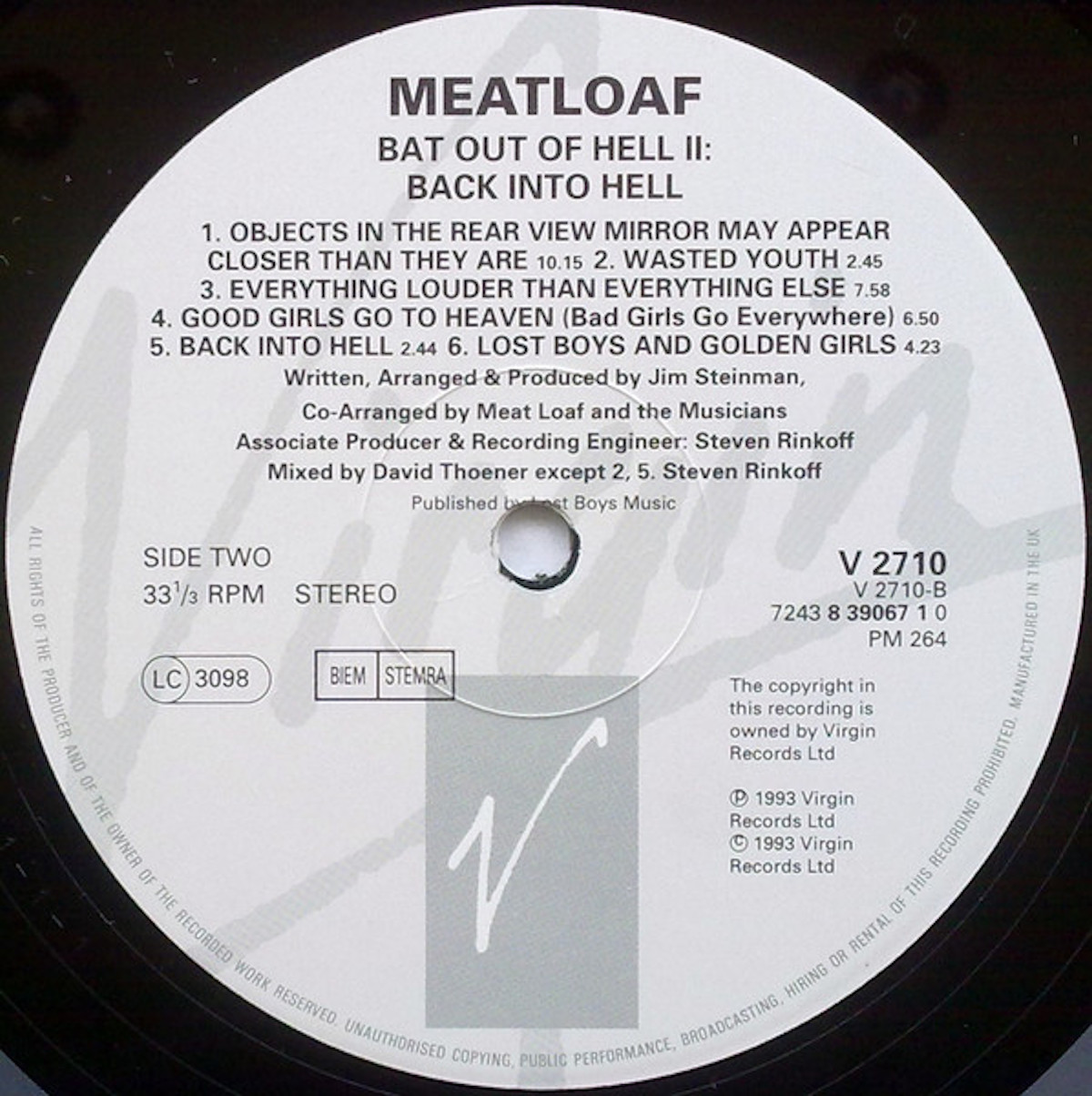
We’ll slide over from one epic on Epic to another epic — this one a ’90s sequel to an iconic ’70s bombastic theatrical concept album, which was, yes, on Epic Records. Everything about Bat Out Of Hell II: Back Into Hell is long. There’s a goddamned colon in the album name! It took two years to record. The song titles are longer than fortune cookie messages, and actually read like them as well. The album’s big hit single was more than 12 minutes long.
In fairness, this was the height of the CD era, so long albums (hello, Blood Sugar Sex Magik) were common and didn’t compromise audio quality. But there certainly was a vinyl pressing of this frilly shirt of an album. The original ones from 1993 were just a single album, as well. 75 minutes of music on something meant to accommodate 45 minutes. They even did a single-record picture disc version, in case you wanted something to sound even worse. You might as well drag it behind your car for a few minutes. Clearly, CDs were the intended format for this until the 2019 remasters started coming out, and it was all “vinyl is king” again. All these later pressings were done as two-record sets. Those first ones sound terrible — 40 mins on Side 1 and 35 on Side 2. That’s stupid. Forget trying to cut tracks… they’re almost all too long. Just edit them down. Though I’m not sure any album needs a Jim Steinman “monologue.”
The self-titled debut album by metal / jazz / funk / hardcore / avant garde band Mr. Bungle is nearly as long as Bat Out Of Hell II, but feels like it has 400 times as many songs. It’s like handing a dizzy, blindfolded child a handful of pennies and asking him to “carefully stack them, one on top of… NO, WAIT… throw them at the ceiling! NOW! DO IT!” Side 1 is 34 minutes and Side 2 is nearly 38.
You can’t cut anything from this record, especially not the brilliant track Girls Of Porn. The easiest thing to do would be to drop the last song on each side because both are 10 minutes long. This is another of those, “It’s a double album so press it as a double album,” records.
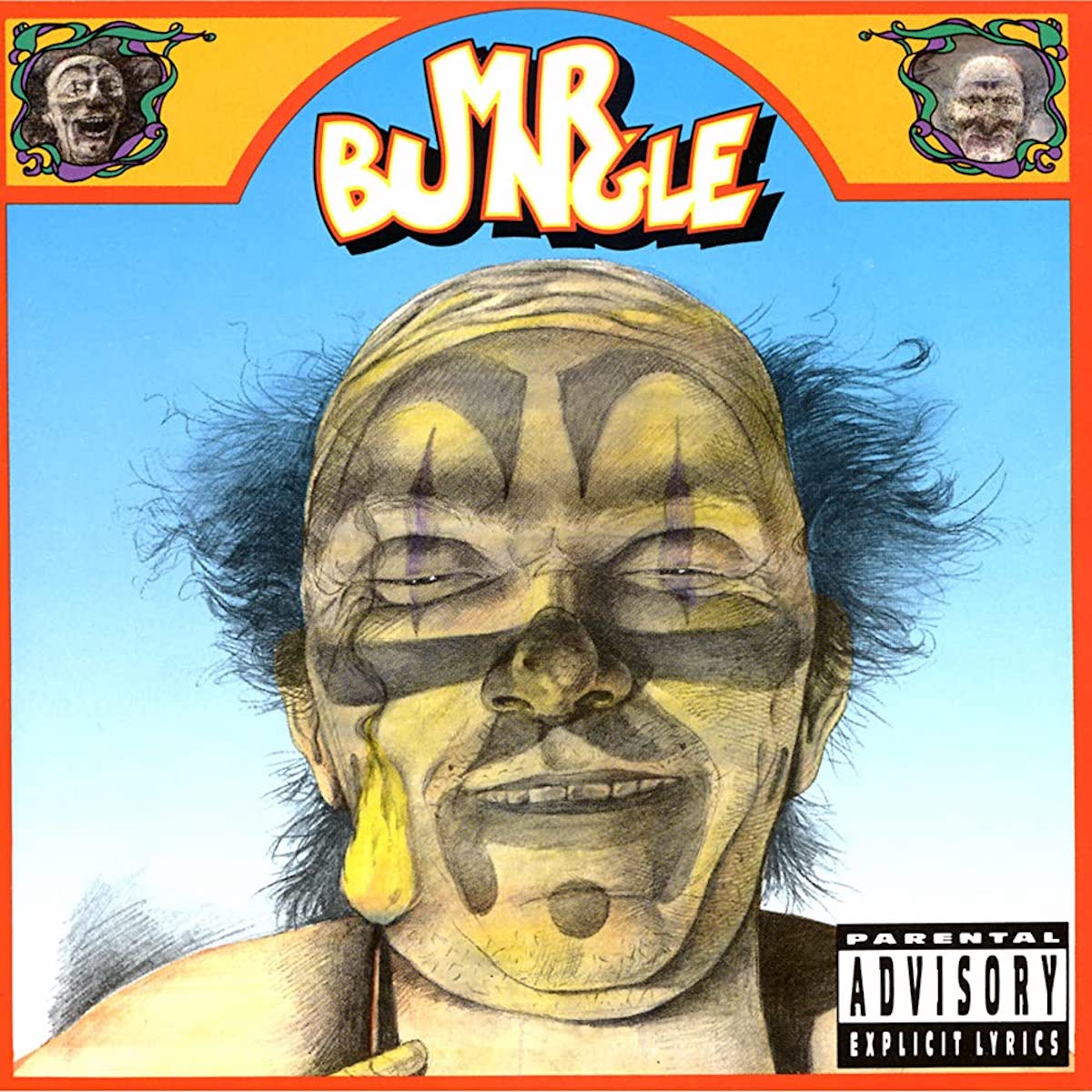
This will piss people off, but Pink Floyd’s first gold album needs an edit. The title track of 1970’s Atom Heart Mother has never been the thing that bothered me about the record. I actually quite like the suite. The best song on the album is Rick Wright’s contribution, the deep cut Summer ’68. What I would cut is the stupid Alan’s Psychedelic Breakfast. What a let-down. I was excited to hear this song as a rabid, green 15-year-old Floyd fan. The title was great, but what a pile of shite the song is. Cut it. Side 2 is too long, anyway. Use those 13 minutes (!!!) to add Biding My Time and Embryo instead. Suddenly you have an amazing album which would nearly rival Meddle.
Finally, we’ll end where we started, with Genesis. The band’s 1979 album Duke is one of my favourites — Abacab is my jam, but I do love Duke. I would love to hear it produced by Hugh Padgham instead of David Hentschel. Padgham was technically an engineer on Abacab, but basically co-produced the album — which is 10 minutes shorter than Duke — because the band opted not to include as much of an entire album’s length of discarded songs because they weren’t different-sounding enough.
So, to make Duke sound better — get Padgham onboard and cut Heathaze from Side 1 and Please Don’t Ask from Side 2. It’s written in the book.
• • •
Area Resident is an Ottawa-based journalist, recording artist, music collector and re-seller. Hear (and buy) his music on Bandcamp, email him HERE, follow him on Instagram and check him out on Discogs.
















